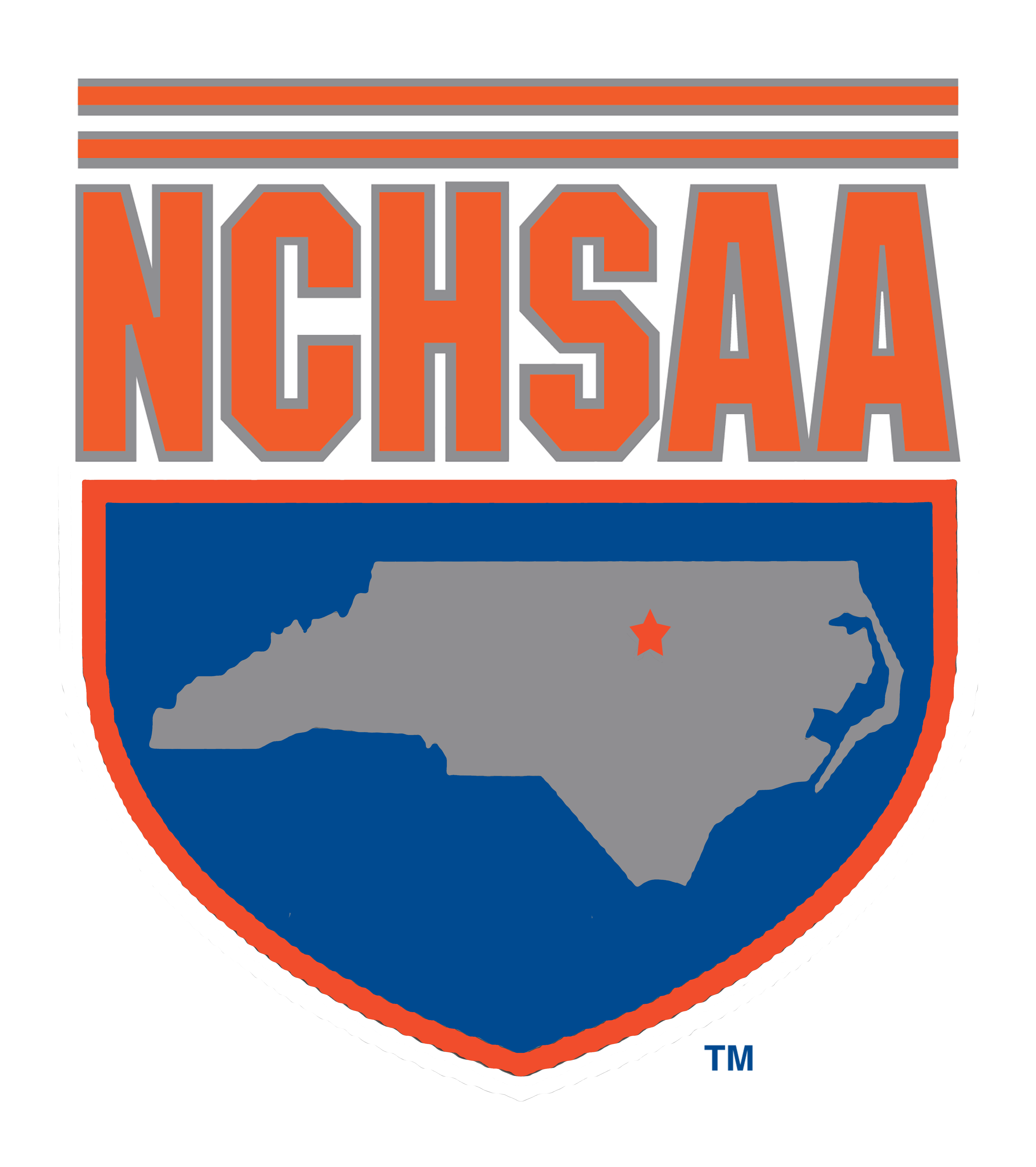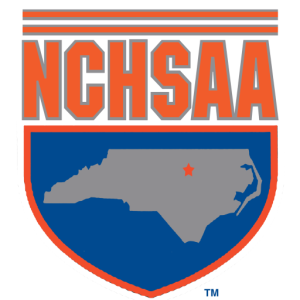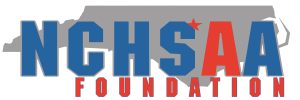FOUR QUESTIONS—A CONVERSATION WITH GREG GRANTHAM
Greg Grantham enjoyed a 31-year career in education, including the last 21 of those years at White Oak High School in Jacksonville.
Greg was a varsity men’s basketball coach for 24 seasons and also coached football, baseball and golf during his career. His teams won over 300 games and seven conference championships during his tenure. He also served as the athletic director at White Oak for 16 years.
A member of the Mount Olive College Athletics Hall of Fame, he received the Charlie Adams Distinguished Service Award from the NCHSAA in 2012 and was honored as one of the NCHSAA’s 100 To Remember athletic administrators when the organization celebrated its centennial.
Greg retired from education in August of 2014 but currently serves as the conference secretary for the Coastal 3-A Conference and executive director of the North Carolina Basketball Coaches Association.
What are the biggest changes you saw in high school athletics during your career?
I would have to say the most impactful change on athletics was the role of parents. When I started coaching, parents respected and supported the coach. The coach was like a third parent. It was assumed by parents that the coach was a professional and more knowledgeable about that particular sport than the student and parents were and that he or she had the student-athlete’s best interest at heart.
Somewhere over the past 10 or 12 years that has changed. Many parents today assume they know far more about the sport than the coach does, or else they have a friend or family member that knows more than the coach. We have too many situations in high school athletics today where players are being pitted between parents and coaches because the parents don’t respect the coaches. This puts the student-athlete in a difficult situation, and makes it hard for the athlete to respect the coach. In my opinion, this is one factor leading to the ever-increasing numbers of transfers and school shopping by athletes that we see in high school athletics today.
Another big change is in coaches themselves. With more and more sports being added and greater specialization in sports, it is almost impossible today for administrators to hire enough teachers on staff at a school to fill all the coaching positions. This leads to more and more non-faculty head coaches. While many of these are great coaches, it is definitely not the same as having that head coach on campus all day, interacting with those players in the hallways, in the cafeteria and in the classroom. We are also seeing a lot more turnover in coaches as younger coaches are being driven out of the profession after only five or six years. I fear that over the next 10 years, the 30-year coaching veteran will be as rare as a four-point play in basketball.
Talk about your current involvement with the North Carolina Basketball Coaches Association. Tell us about that and also some of the issues or challenges you see revolving around that sport at this particular time.
I was extremely fortunate to be involved in the game of basketball as a player or coach for 40 years, and I felt as though the game gave me FAR more than I gave back to it. So I have stayed involved with basketball through the North Carolina Basketball Coaches Association. I get to continue to work with a lot of tremendous coaches in our state who are not only great tacticians and basketball strategists, but outstanding teachers and mentors to their players. I try to represent our North Carolina coaches to the NCHSAA, as well as to some of the national basketball organizations we are involved with, to advocate for issues that are important to our state’s coaches and that will improve the game for our players in North Carolina. We also try hard to recognize the accomplishments of our outstanding players and coaches.
Currently, basketball coaches in North Carolina are concerned about the limits on the numbers of players coaches can work with in skill development outside of basketball season. We are seeing more and more players each year leaving our NCHSAA-member public schools, transferring to private schools where they can get skill work every day. Many parents are convinced that an athletic scholarship is waiting for their child, and some parents are even paying anywhere from $35-$75 an hour to “trainers” who can do skill development with their children on days that high school coaches cannot.
The daily limits on the number of players a coach can work with forces our high school coaches to turn players away from skill development sessions each day, which leads some parents to feel as though their child is being discriminated against. This further damages that relationship between parent and coach. Additionally, high school coaches would love to see the basketball state playoff format changed to two games a week for each of the three weeks of the basketball playoffs, which would then culminate with a Final Four format on State Championship weekend.
What is your best personal memory from involvement in high school athletics?
Again, I was extremely fortunate as a high school athlete at Southern Wayne to play for two coaching greats in our state – Marshall Hamilton in basketball and Doyle Whitfield in baseball. I didn’t truly realize until I was involved in coaching myself the tremendous positive influence each of them had on me. They both continued to mentor me as a young coach starting out in this business.
Now, after 30 years of coaching, I can honestly say the most rewarding aspect of coaching has been watching my own former players go on beyond high school to become outstanding husbands, fathers, community leaders, some of them coaches and even athletic administrators themselves, and to have them come back and give me some amount of credit for positively impacting their lives. It is incredibly humbling… and also scary at how little they choose to remember about the really bad things I did that, fortunately, they manage to forget.
Today, I try to instill in all younger coaches the importance of consciously thinking about your legacy– what you want your players to remember about you and their experiences on your team. Having them come back to thank you for shaping their lives in a positive way is SO much more rewarding than championships or career win totals.
Even though you have retired from school work, you are still staying really busy. Besides the Basketball Coaches Association, what are some of the activities you are involved in currently?
I still serve as the Conference Secretary for the Coastal 3-A Conference. I attend the City/County AD meetings and the state athletic directors’ conference and share that information back with the athletic directors in Onslow County and in the Coastal Conference.
I am a deacon in my local church, Kellum Baptist in Jacksonville, and I’m able to help out more now with our handyman ministry. I also serve on the Board of Trustees of the North Carolina Teachers and State Employees Retirement System, which requires meeting in Raleigh with politicians, accountants and actuaries four times a year.
My wife and I have been able to do more traveling without having to schedule trips around the next athletic event on the schedule. And of course, there is an ever-growing list of home projects that my wonderful wife (whom I love dearly and who supported me unwaveringly throughout my entire coaching career) keeps adding to each month!



